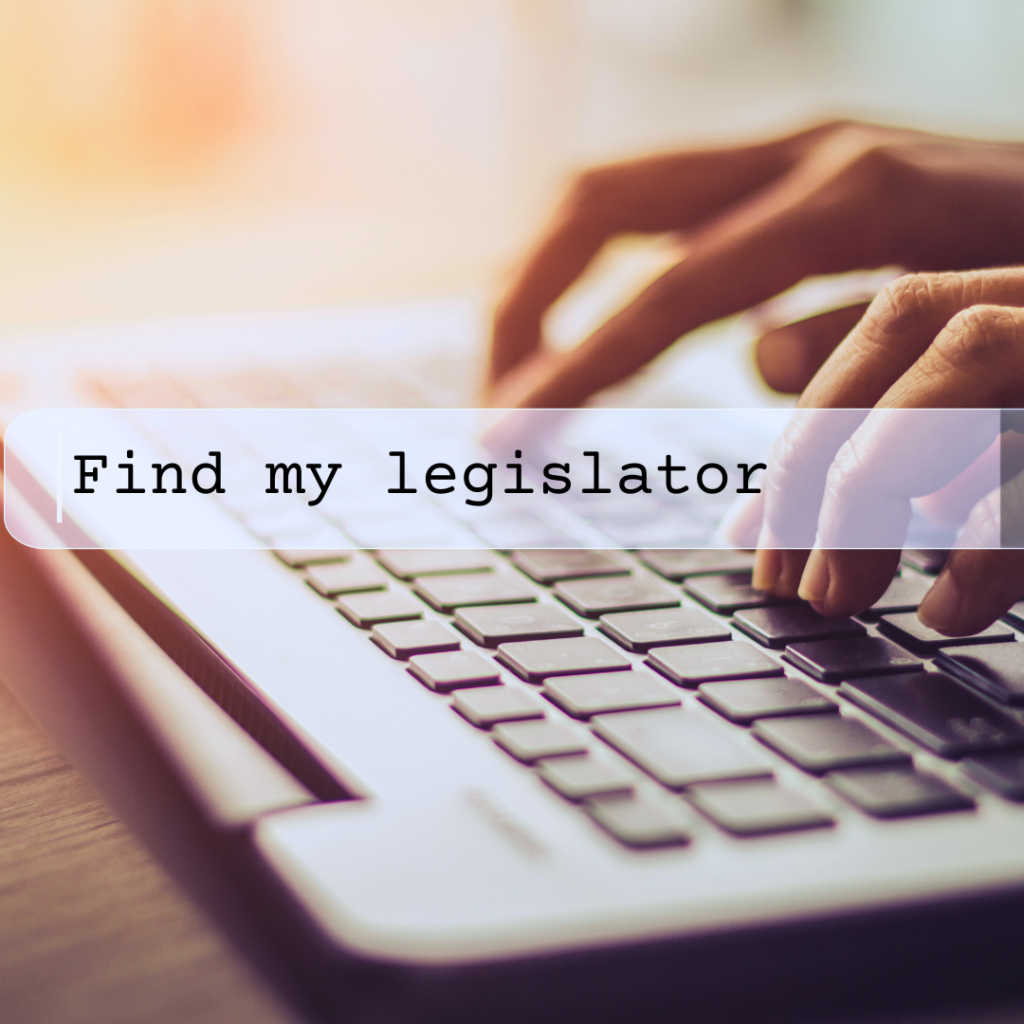Because of recent changes to the federal federal Child Care & Development Block Grant (CCDBG) funding formula, our state lost $44.5 million — making Tennessee one of the losers in a federal zero-sum system. Other states gained, but Tennessee families, providers, and businesses are paying the price. View Tennessee Department of Human Services (TDHS) FAQs..
To absorb the cut, TDHS had to make significant program reductions including cutting reimbursement rates to child care providers (an already fragile industry) and instituting a wait list for Smart Steps child care scholarships for low-income working families. At the same time, tens of thousands of middle-income working families who don’t qualify for Smart Steps assistance are also drowning in child care costs, with no relief in sight.
The consequences are immediate and severe:
- Parents can’t work without child care, leaving businesses without workers.
- Providers can’t survive on reduced reimbursements, pushing more centers to close.
- Children lose access to safe, stable care during the most critical years of brain development.
Tennessee is a state that values work, family, and fiscal responsibility. That means making smart investments that keep parents in the workforce, keep small businesses (our providers) afloat, and ensure children grow into the strong workforce of tomorrow.
Child care is essential — it’s the infrastructure that makes work possible. Tennessee must step up by investing state dollars into the child care system
Be a loud voice for little kids and families:
You can take action today by making your voice heard in support of state investments in child care. Here are two ways:
- Complete this short survey to share questions and concerns with TN Department of Human Services. We’ll compile the questions and send along to the Child Care Services team and invite them to respond (you don’t have to include your name if you prefer not to).
- Email your State Legislators and the Governor in One Click by filling out the form below (2-3 minutes). Be sure to personalize it! Policymakers are much more likely to take it seriously when it’s personalized.





